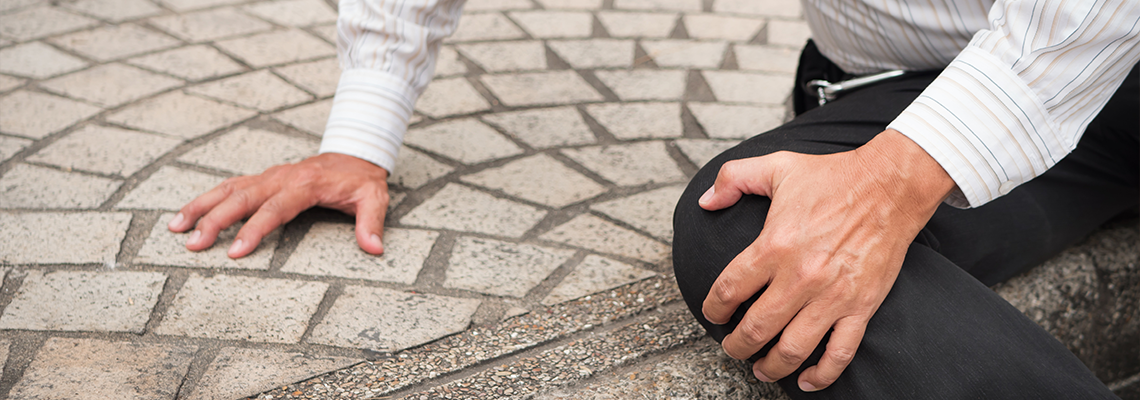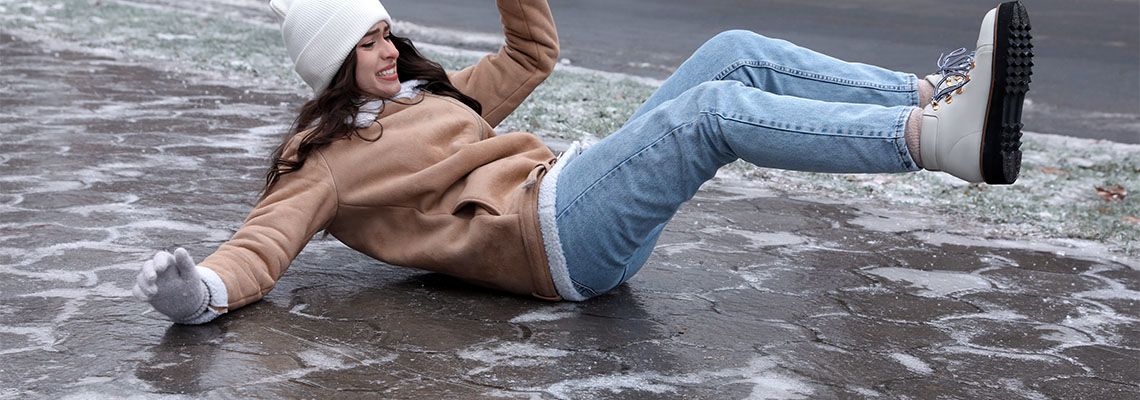Law Offices of Stephen D. Walsh
The Difference Between Slip and Fall and Trip and Fall
We understand how devastating slip and fall or trip and fall accidents can be. One moment you're going about your day, the next you're on the ground, nursing injuries that were never in your plan.




